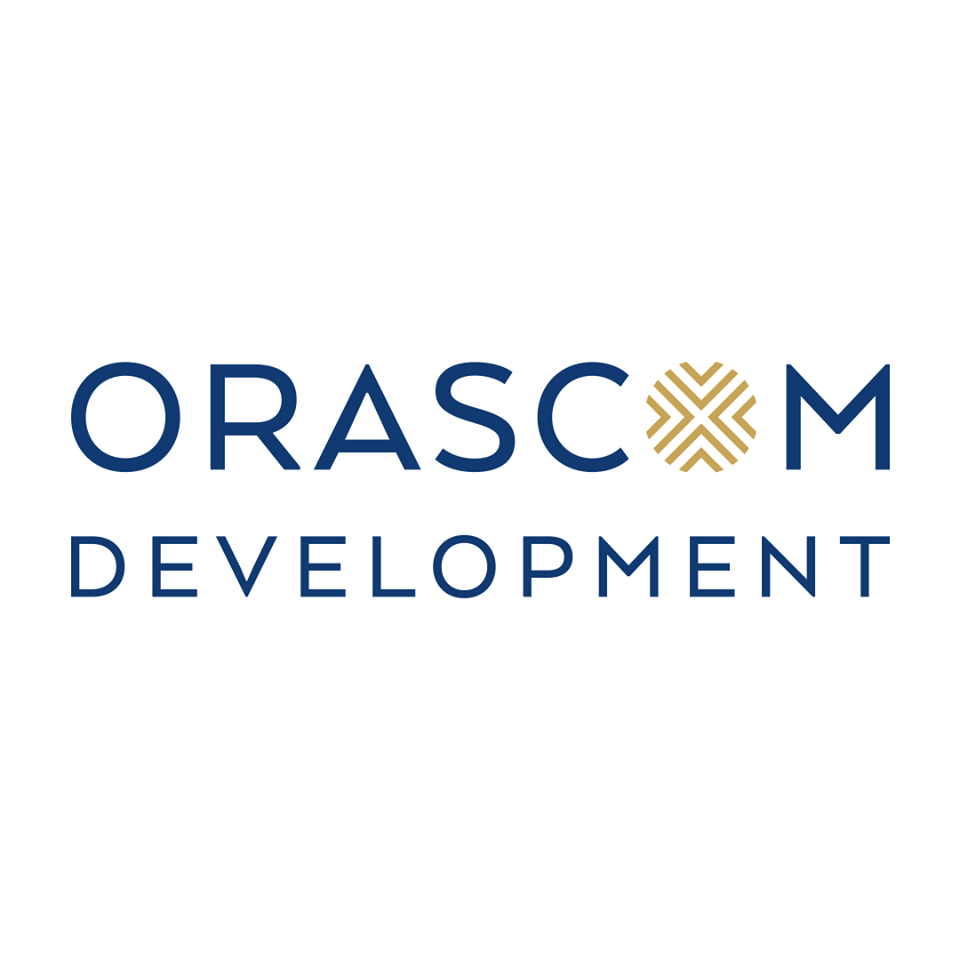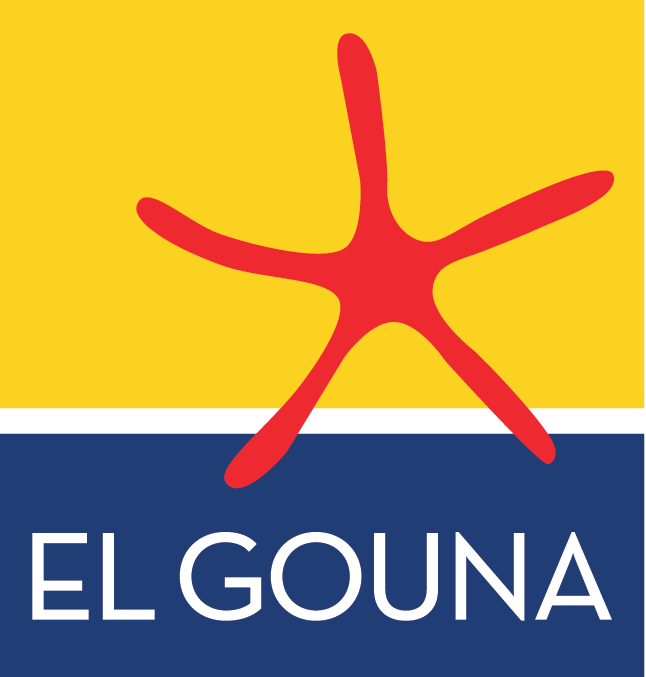Mona Abou El Ela

The unrivaled strength of Egyptian squash players Hosted by Orascom Development & Organized by ievents
- Egypt, Cairo - Thursday, 09. June 2022
- AETOSWire
A great example of Egypt’s self-promotion is the successful hosting of international tournaments; namely El Gouna International Squash Open, which has been held for 10 years, establishing Egypt as a major squash capital on the international sports map. This year marks the 10th edition of El Gouna International Squash Open, with 96 players participating from 21 countries, and prizes amounting to $360,000. Over the past 9 years, the tournament has cumulatively hosted 376 players from 29 countries, with featured prizes amounting to $2 million.
The tournament is held in collaboration with the PSA, the Egyptian Squash Association, and Dunlop and is organized by iEvents and hosted by El Gouna, one of Orascom Development Holding integrated towns.
Respectively, El Gouna International Squash Open, gains remarkable global and regional media attention, which greatly contributes to reflecting a positive image of Egypt, and strengthening sports tourism in the country. The 10th edition of the tournament was magnificently lead by Egyptians who were able own the squash scene worldwide for the past years.
The squash dominance in Egypt is a mystery: how do Egyptian squash players rise to the top of international rankings? Many people have wondered, leaving the most immersed delving into the essence of this unique story. Looking closer into the facts, dating back decades, the mystery was solved, and the truth behind how Egypt rose to become a squash superpower.
One important factor that has led to Egyptian victories in international squash tournaments is that Egyptian players begin practicing at a much younger age than their counterparts from other countries. Children in Egypt start playing squash at the age of 7, while children around the world tend to begin at the age of 10. This strategy allows Egyptians to obtain more experience in the world of Squash, and soar to higher rankings than players from other countries.
In this context, the concept of nation branding is notoriously elusive. Simply put, national branding is when the country applies corporate branding techniques to an entire country, hoping to give the nation a strategic advantage and facilitate economic growth. It is with this goal in mind that Egypt has, in recent years, invested billions in the reformation and improvement of its infrastructure, tourist attractions, and cities.

